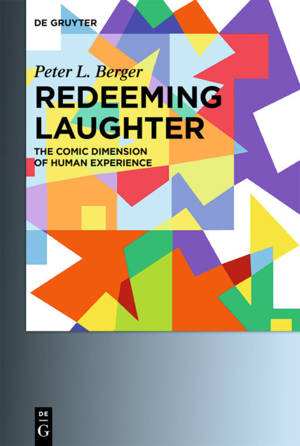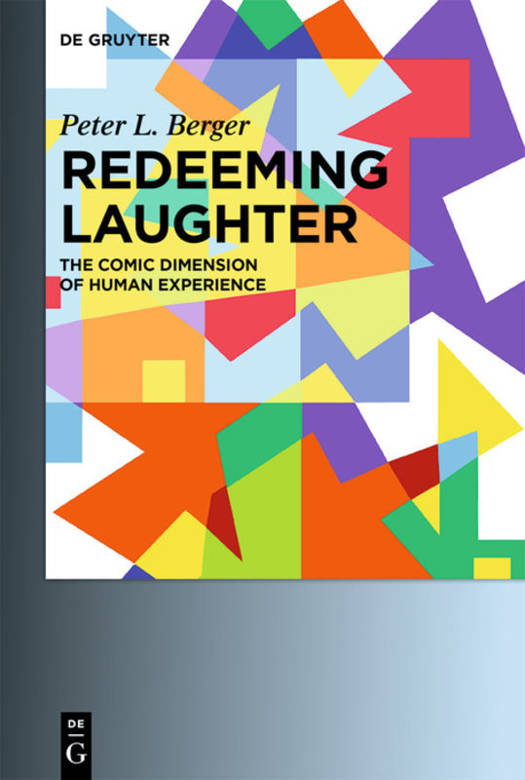
- Afhalen na 1 uur in een winkel met voorraad
- Gratis thuislevering in België vanaf € 30
- Ruim aanbod met 7 miljoen producten
- Afhalen na 1 uur in een winkel met voorraad
- Gratis thuislevering in België vanaf € 30
- Ruim aanbod met 7 miljoen producten
Omschrijving
Amid the variety of human experiences, the comic occupies a distinctive place. It is simultaneously ubiquitous, relative, and fragile. In this book, Peter L. Berger reflects on the nature of the comic and its relationship to other human experiences. Berger contends that the comic is an integral aspect of human life, yet one that must be approached and analyzed circumspectly and circuitously. Beginning with an exploration of the anatomy of the comic, Berger addresses humor in philosophy, physiology, psychology, and the social sciences before turning to a discussion of different types of comedy and finally suggesting a theology of the comic in terms of its relationship to folly, redemption, and transcendence. Along the way, the reader is treated to a variety of jokes on a variety of topics, with particular emphasis on humor and its relationship to religion. Originally published in 1997, the second edition includes a new preface reflecting on Berger's work in the intervening years, particularly on the relationship between humor and modernity.
Specificaties
Betrokkenen
- Auteur(s):
- Uitgeverij:
Inhoud
- Aantal bladzijden:
- 222
- Taal:
- Engels
Eigenschappen
- Productcode (EAN):
- 9783110353938
- Verschijningsdatum:
- 28/08/2014
- Uitvoering:
- Paperback
- Formaat:
- Trade paperback (VS)
- Afmetingen:
- 155 mm x 226 mm
- Gewicht:
- 317 g

Alleen bij Standaard Boekhandel
Beoordelingen
We publiceren alleen reviews die voldoen aan de voorwaarden voor reviews. Bekijk onze voorwaarden voor reviews.











